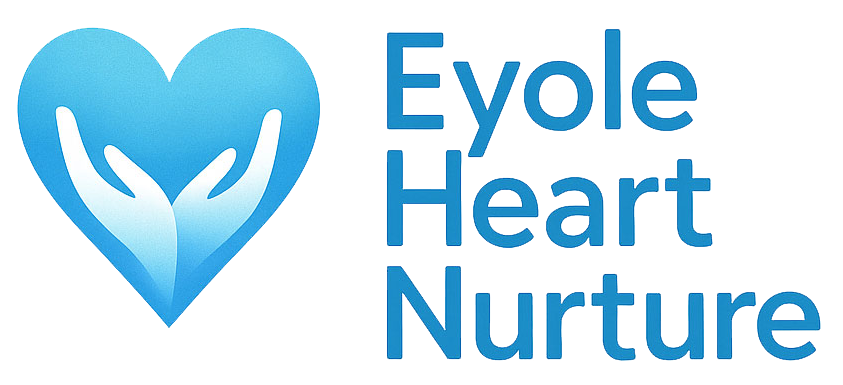For months, Kuma had mourned the loss of his brother, each memory bringing tears and a tightness in his chest that wouldn’t ease. One afternoon, the fatigue and breathlessness became overwhelming, leading him to a doctor who diagnosed early-stage heart issues tied to emotional strain. At EyoleHeartNurture.com, we dive into how sadness impacts heart health, echoing Dr. James S. Gordon’s words: “The body and mind are inseparable; unresolved grief can weaken the heart”.
The Weight of Unspoken Sorrow
Kuma’s days were shadowed by grief. Chronic sadness, like prolonged mourning, can elevate stress hormones and disrupt heart rhythms, increasing the risk of heart conditions. Biblically, Psalm 34:18 comforts, “The Lord is close to the brokenhearted and saves those who are crushed in spirit” (NIV), yet Kuma felt isolated in his pain. His lifestyle—skipping meals, working long hours, and bottling up emotions—worsened his health, aligning with research noting that emotional neglect and stress are key contributors to heart strain. The persistent ache in his chest became a silent signal.
A Path to Healing from Sadness for a Healthy Heart
One evening, encouraged by a kind neighbor, Kuma sought support through a local grief group. His doctor suggested light activity, like walking, and stress management techniques to ease his burden. The Carter Center emphasizes that addressing emotional pain through community and self-care can improve physical outcomes, supported by Dr. Gordon’s findings on healing through connection. Spiritually, Matthew 11:28 guided him: “Come to me, all you who are weary and burdened, and I will give you rest” (NIV), offering solace as his heart began to steady.
A Heart Renewed
Years later, Kuma led a support network, turning his sorrow into a source of strength for others. His heart, once frail, now pulsed with purpose. Experts like Dr. Judith Orloff note, “Embracing sadness can lead to resilience and emotional growth”. At EyoleHeartNurture.com, our free heart health test can help you assess your risk.
Start Your Journey Today
Don’t let sadness weigh down your heart. Begin your path to health and peace now. Take our free heart health test today and embrace a stronger future. As Dr. Bessel van der Kolk affirms, “Healing begins when we acknowledge our pain and seek connection” (
Frequently Asked Questions
- What Are 5 Synonyms for Sad?
Synonyms for sad include sorrowful, mournful, gloomy, melancholy, and despondent, per Merriam-Webster. - What Is Sadness in Simple Words?
Sadness is a feeling of deep sorrow or unhappiness, often triggered by loss or disappointment (Oxford English Dictionary). - What Is Sadness Telling Me?
Sadness can signal a need for rest, reflection, or connection, according to emotional health experts (The Carter Center). - What Is a Word for Sadness?
A common word for sadness is grief, reflecting a deep emotional response to loss. - How Do I Say I Feel Sad for You?
You might say, “I’m so sorry you’re going through this,” to express empathy (Mayo Clinic, 2024). - What Is the Deep Meaning of Sadness?
Sadness reveals vulnerability and can foster growth, as noted by Dr. Judith Orloff (Emotional Freedom). - How to Show Sadness in Writing?
Use descriptive phrases like “tears streamed down her face” or “his voice trembled with sorrow” (Writer’s Digest). - What Is the Symbol of Sadness?
Common symbols of sadness include a wilting flower or a single tear, reflecting emotional depth (Symbolism.org). - What Is the Full Meaning of Sad?
SAD stands for Seasonal Affective Disorder, a type of depression linked to seasonal changes (NIMH). - What Makes People Sad?
Loss, rejection, or chronic stress can trigger sadness, according to psychological research (The Carter Center).





